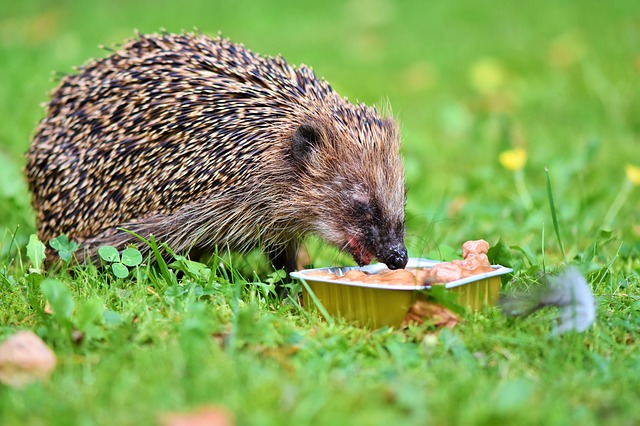
Many people turn to organic gardening because they are worried about the long-term toxic effects of the many commercial fertilizers and pesticides, on both their health and the environment. Also, many organic horticulture techniques are quite inexpensive. Here are some essential tips to help you become an expert organic gardener.
Sod should be laid correctly. Before laying the sod, have your soil prepared. Remove any weeds, and break the soil up into a fine tilth. Make sure your soil is flat and compacted. Afterward, you want to make sure the soil is moistened. You should lay your sod staggered, and have the joints offset. Pat down the sod and fill any gaps with soil. Sod must be watered every day for about two weeks, and then it will have rooted and be completely ready to be walked on.
Insects and various garden pests can be avoided by making your soil healthy. The healthier the plants you grow, the more resistant they’ll be to illness, fungus, or bugs. To increase your garden’s likelihood of producing strong and healthy plants, use high-quality soil containing minuscule amounts of chemicals, which will eventually collect salts.
Plant annuals and biennials to make your flower beds brighter. Biennials and annuals that grow quickly can add color to a flower bed, plus they permit you to modify the way the flower bed looks each season and each year. These kinds of flowers are also excellent for filling in gaps between shrubs and perennials in sunny areas. There are many flowers you can plant in these gaps. Try marigolds, petunias or sunflowers for a brighter garden.
You do not need store-bought chemical treatments for plant mildew. A great home remedy is to mix baking soda with water and a little bit of liquid soap. Once a week, spray this solution on your plants and your mildew should disappear in no time. The baking soda is harmless to your plants and a very effective remedy.
For the right results, get the right type of soil. The soil that is already in your garden might need amending, depending on the particular plants that you want to grow. You could also isolate a certain area, and fill it with just one kind of soil.
Always fertilize your garden. Use commercially composted products in your garden to help your plants grow. This will reduce the chance of pathogens. There are numerous types of fertilizers available. What type you select is less of a concern; any kind of fertilizer is better than none.
Read instructions before using any gardening tool you aren’t familiar with, including pesticides or other chemicals. Use the tools only as directed in the instructions. Irritation of the skin or even more serious injuries are possible if you ignore manufacturer’s directions. Keep your body safe and follow directions.
Consider planting evergreens in your garden that produce berries. This will aid in giving your garden great color, even during the winter when other plants have lost their colors. A few of the most vivid plants in winter are American Holly, Winterberry, Snowberry and Cranberrybush.
Pest control is one of the hardest things about growing a vegetable garden. It is important not to use harmful chemical agents, because you are growing produce that is intended to be eaten. One way to keep pests at bay is to remain diligent about your garden. In many cases, you can simply remove the pests from your plants by picking them off.
Use the advice here to start your own organic garden. It is an interesting hobby and one that can improve your health. Your foods will taste better and not contain the heavy chemicals of store bought produce. Planting a natural garden also encourages wildlife to enjoy your garden, and this even benefits the plants growing within.